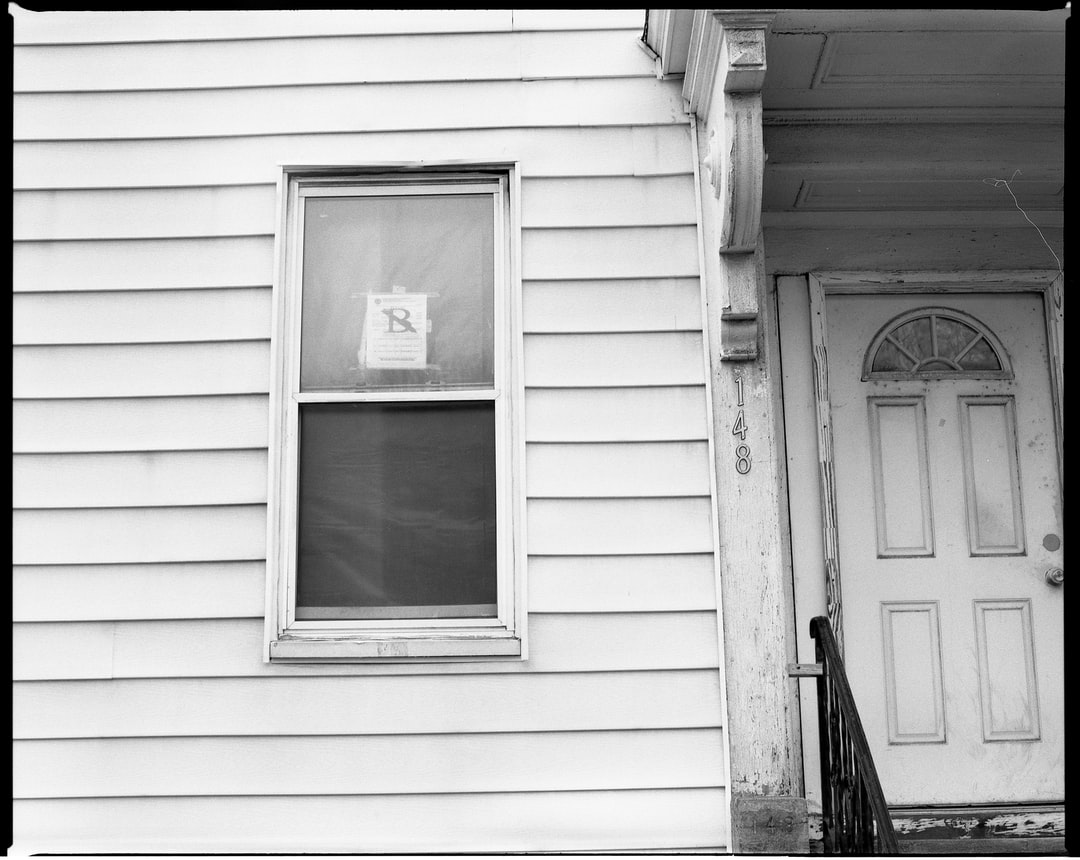COVID has been a disruption to many industries across the world. These disruptions made it so that many people couldn't work. As businesses closed down, it resulted in a snowball effect that spanned other business areas.
Real estate investors were part of the collateral of other people unable to work. Since many people lost their source of income, they could not pay rent. Governments put policies into place to prevent landlords from handing out evictions.
In turn, many real estate investors lost their stream of revenue.
Now that things are mostly back to normal, where does that leave landlords and tenants who can't pay their rent? Here are the specifics.
Tenants Have Safe Harbor Protection Until July 1st.
Many of the protections that went into effect during the pandemic are beginning to expire. Since these protections are ending, some landlords may begin to undertake post-COVID evictions.
Landlords cannot hand out eviction notices to tenants who applied for emergency rental assistance. Once the tenant applied, they had to show documentation of their application to their landlord. Landlords cannot take any action while the application goes through the approval process.
No Evictions on Past-Due Rent
Tenants also have protection for past-due rent. Landlords can evict non-paying tenants once the protections expire on July 1 if they are late on payments of rent due after the first. Landlords are unable to evict tenants on past-due rent based on when the tenants filed their applications.
In most cases, all rent payments due between April 1, 2020, and June 30, 2021, can go through deferral. Tenants don't need to submit documentation of any kind to defer rent and other charges from this period.
If you are uncomfortable evicting tenants, you should consider hiring a property manager to handle this process for you. They also handle the day-to-day operations of managing rental properties.
Further Protections for Tenants
Landlords that violate any of the tenant protections can have injunctions filed against them by their tenants. They can file to recover their possessions, seek a defense against eviction, and seek damages worth up to three months' periodic rent.
Tenants can also seek legal action if landlords try to evict them after submitting a notice of their application for rental assistance. Tenants can file for an emergency court order to reinstate their tenancy.
Landlords may also be subject to penalties under these protections.
Landlord Assistance
Landlords that abide by the protections set up for tenants may be able to request relief. The state of Oregon may reimburse landlords for nonpayment of rent during the periods of the tenant protection programs. In addition, landlords of single-family homes may be able to seek protection from foreclosure.
Check out the Landlord Guarantee Program to see if you qualify.
We Treat Your Home As Our Own
Handling evictions has been a tricky process during the past couple of years. Before you file an eviction notice, verify if the tenant in question is receiving protection from any of the tenant protection policies. If you're unsure of what to do, a property management service can handle this in your stead.
At Kerr Properties, Inc., we make real estate management easy for the owners. Our team of professionals can handle the day-to-day management of your properties, as well as additional services. Contact us today to set up an appointment to check out the management options we have available.


